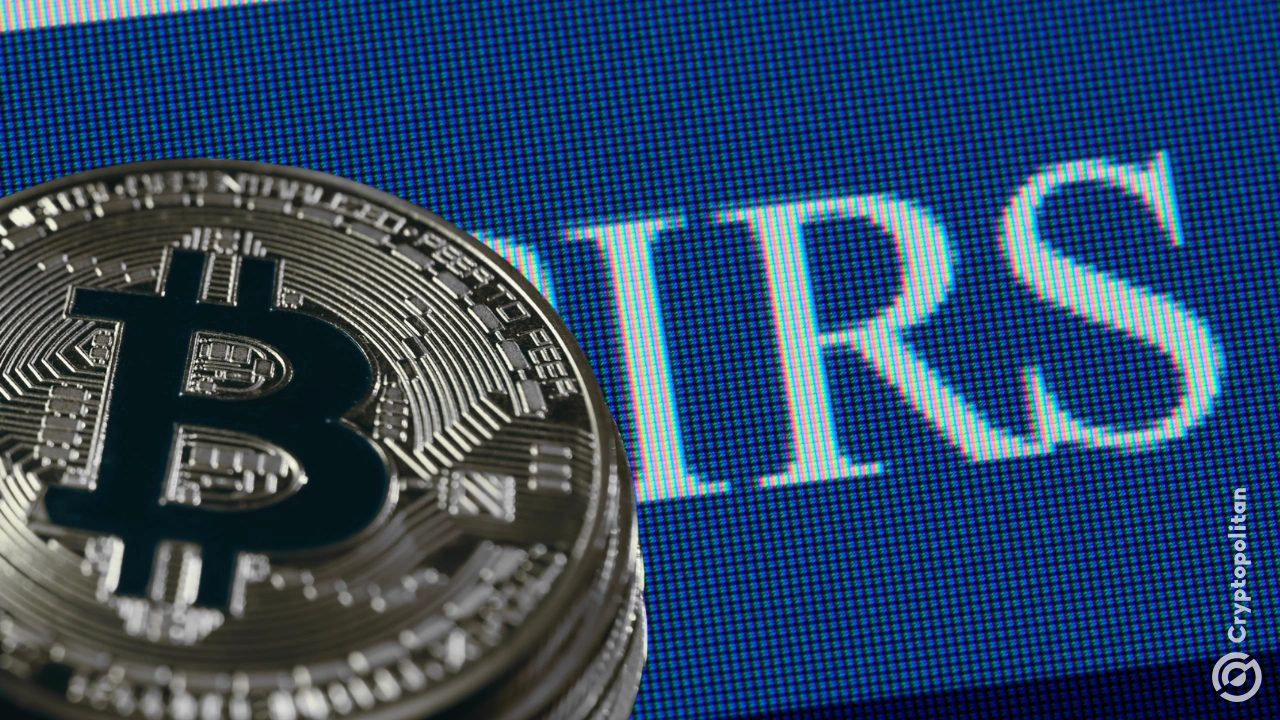The US government has urged the Supreme Court to reject a petition from James Harper, a Coinbase user seeking to prevent the Internal Revenue Service (IRS) from accessing his cryptocurrency transaction records.
In a filing dated May 30, Solicitor General D. John Sauer argued that Harper has no Fourth Amendment right to shield financial records held by the exchange.
The government argued that Harper had voluntarily disclosed the information to Coinbase and that the IRS had acted within the law following a court-approved summons to obtain it.
The filing also cited Coinbase’s privacy policy, cautioning users that information could be disclosed to law enforcement.
IRS revealed underreporting of tax on gains from digital assets
Harper’s case arose from a 2016 IRS investigation of pervasive underreporting of tax on gains from cryptocurrency. The IRS noticed a big difference between the millions of Coinbase users trading Bitcoin and the small number of taxpayers who reported their crypto earnings.
Following these findings, the agency issued a “John Doe” summons that required Coinbase to hand over records about customers who trade in large amounts.
Harper, who dealt in Bitcoin through Coinbase in relevant years, was against the IRS’s action. He, therefore, sued the agency, alleging that the IRS’s actions constituted an unconstitutional search of his financial information.
However, lower courts disagreed with Harper’s claims, concluding that Coinbase’s records are business documents and not Harper’s private papers. They then gave the IRS the go-ahead to access the records.
The government argued that Supreme Court precedent is on the IRS’s side. This is because it stressed that people have no expectation of privacy over financial records maintained by third parties Coinbase. It referred to past decisions on cases like United States v. Miller.
The Supreme Court has not yet announced if it will take up the case. If it chooses not to, the First Circuit’s decision supporting the IRS will remain intact.
The United States v. Miller case on privacy rights
Following the United States v. Miller case, the US Supreme Court stated that people have the right to feel safe in their homes, papers, and belongings from unreasonable searches and seizures. This right cannot be violated, and no search warrants can be issued unless there is good reason, backed by an oath or confirmation, that clearly describes where to search and what or who to seize.
The main topic of this case was what falls under this protection. If the government wants to search for evidence of a crime against someone, it must get permission first or have special urgent reasons that make the search reasonable. However, if the item being searched for is not protected by the Fourth Amendment and the way the search is conducted within reasonable bounds, then the rules do not apply.
Concerning Harper’s case, the government highlighted that the Court of Appeals rightly dismissed the arguments made by the petitioner because they were both against the Court’s past decisions and lacking in merit.
Coinbase reveals a data breach incident in its operations
On May 15, Coinbase announced that it had been the victim of a data breach, where attackers had bribed support workers to provide them with the firm’s customer data.
Customers’ names, account balances, and transaction histories were among the data taken. Coinbase also said the breach affected about 1% of its monthly transacting users. An example of those affected was venture capitalist Roelof Botha, managing partner at Sequoia Capital.
KEY Difference Wire: the secret tool crypto projects use to get guaranteed media coverage
This articles is written by : Nermeen Nabil Khear Abdelmalak
All rights reserved to : USAGOLDMIES . www.usagoldmines.com
You can Enjoy surfing our website categories and read more content in many fields you may like .
Why USAGoldMines ?
USAGoldMines is a comprehensive website offering the latest in financial, crypto, and technical news. With specialized sections for each category, it provides readers with up-to-date market insights, investment trends, and technological advancements, making it a valuable resource for investors and enthusiasts in the fast-paced financial world.
